New School Curriculum: Implementation limps along
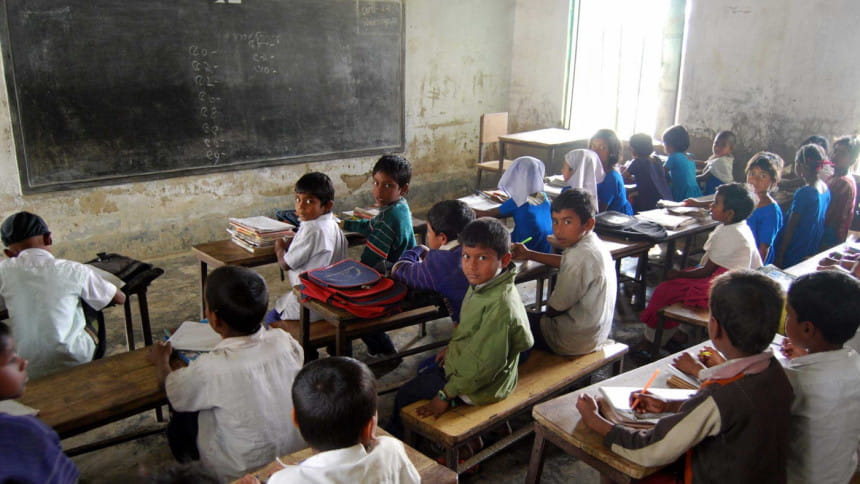
One and a half years after it was launched, implementation of the new curriculum at schools is still in a shambles as the authorities are yet to finalise a method of evaluating the students.
Due to a lack of training, many teachers are not sure how to deliver lectures and form student groups, said educationists.
Besides, the authorities had to recall two textbooks amid pressure from Islamists.
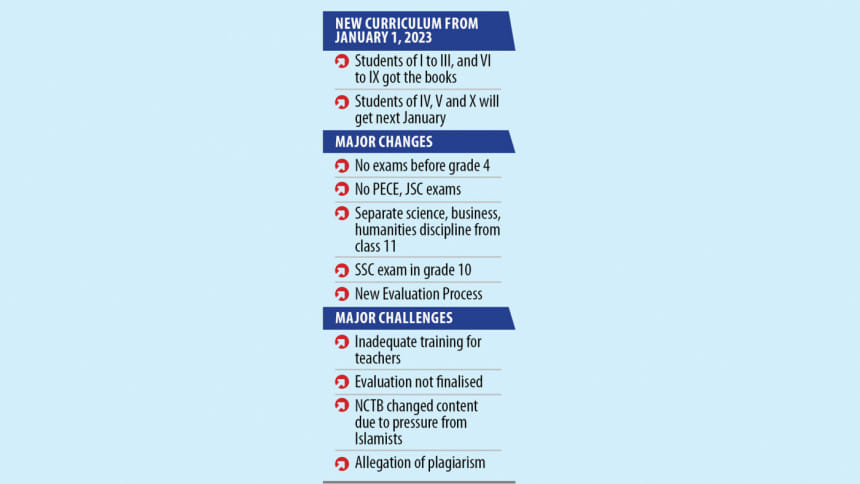
Manzoor Ahmed, professor emeritus at BRAC University, said the ambitious new curriculum is being implemented in a haphazard manner as the authorities had not taken steps to reduce the classroom size and bring changes to the management of schools before introducing it.
Most importantly, the teachers are not motivated to implement it, he added.
Prof Siddiqur Rahman, former director of Institute of Education and Research at Dhaka University, said, "With inadequate training, the teachers are not prepared to properly implement the new curriculum."
Learning in groups through activities is at the heart of the new curriculum, but that is not happening in reality, he said. "The goals of reducing the students' dependency on private tutors and so-called guidebooks have not been met."
However, Prof Moshiuzzaman, member of the National Curriculum & Textbook Board (NCTB), is of the opinion that a section of teachers, afraid of losing the opportunities to be tutors, are making "negative comments".
"The teachers' training was adequate," he said, adding that the authorities were planning to provide another seven-day training for all teachers in December.
Phase-wise implementation of the new experiment- and activity-based curriculum started on January 1, 2023. Currently, the curriculum is followed in class one , two, three, six, seven, eight, and nine while four, five and 10 will get it from January 2025.
ASSESSMENT NOT FINALISED
Students still do not know how their mid-year assessment will be done.
There will be classroom-based assessments and year-end assessments, as per the new curriculum. An education ministry committee earlier this month recommended that written exams bear 65 percent and activities bear 35 percent weightage.
The committee proposed that each SSC exam will be five hours with intervals: four hours for activities and one hour for writing, NCTB officials said.
Prof Siddiqur, a former chief consultant of the NCTB curriculum-framing, said the delay in finalising the evaluation method is frustrating.
"It should have been finalised before classes began, so that teachers could give the students an idea of the system. It is harmful for a student to learn about the system in the middle of the year," he said.
NCTB member Prof Moshiuzzaman said the teachers already know how they will evaluate the students. "The system will be officially finalised by June."
Parents often express concerns over the new curriculum.
Asaduzzaman Khan, father of an 8th grader in Mirpur, said, "My son asks his mother to cook for his class assignments. His teachers ask him to make posters and present them in class. We are not sure how much our children are learning."
Moshiuzzaman argues that the curriculum's objective is to ensure that students learn in classrooms. "That's why, parents may not see their children studying at home."
From next year, SSC exam results will no longer be based on GPA.
According to NCTB sources, there will be seven scales to describe the level of competency -- the bottom one being "initial" and the top "unique".
A student with "initial" in two or more subjects will not get to the higher secondary level, the sources said.
TEACHERS FACE PROBLEMS
A NCTB survey on 2.53 lakh teachers in January found that 37.6 percent teachers "roughly" understood the assessment system while the rest understood it well.
The teachers must use the app, Noipunno, to evaluate students. During the study, 43 percent said they used the app to evaluate students, 14 percent did it manually, and 42 percent did a combination of both.
A secondary school teacher in Satkhira, wishing anonymity, said, "Many of our colleagues are facing difficulties, mostly regarding the evaluation process. We don't fully understand the app. It sometimes fails to display the students' list. Server issues also cause delays."
NEW CURRICULUM AND DEBATE
The NCTB may have to recall a third textbook due to pressure from Islamists.
An education ministry probe committee recently recommended the removal of the story titled "Sharifa's Tale" from the 7th grade history and social science book.
But different groups are against such removal. "If the government removes Sharifa's story, we will launch a tough movement," said Rezaul Kabir, general secretary of Khela Ghor.
In February last year, the NCTB recalled "History and Social Science: An Inquiry-based Reader" for 6th and 7th graders giving in to the pressure mainly from Islami Andolon Bangladesh who said the books were promoting the "debatable" Darwin's theory of evolution and demeaning the Islamic attire for women.

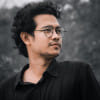
 For all latest news, follow The Daily Star's Google News channel.
For all latest news, follow The Daily Star's Google News channel. 


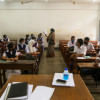
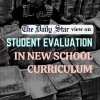
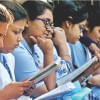

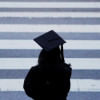

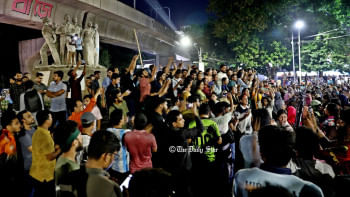
Comments